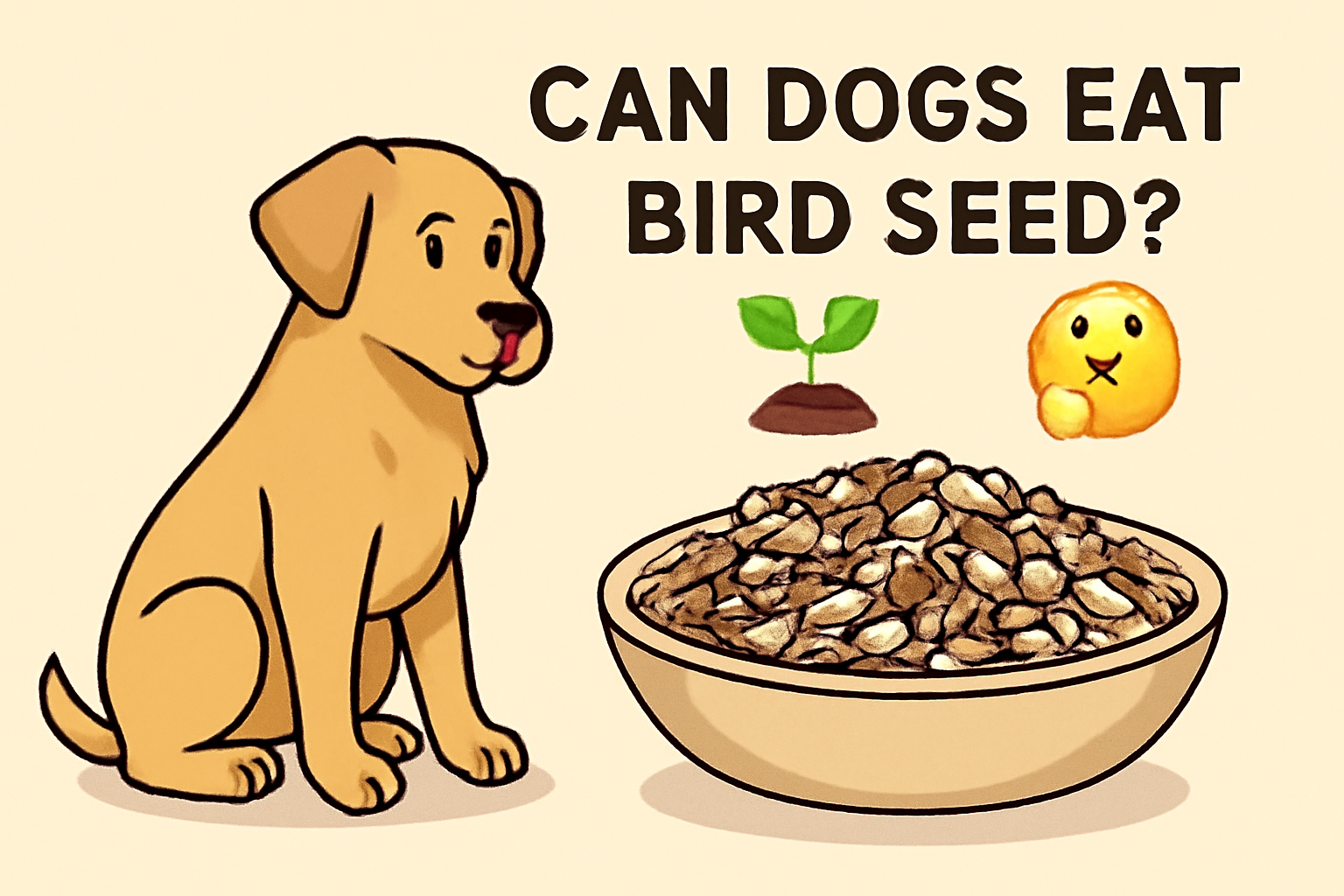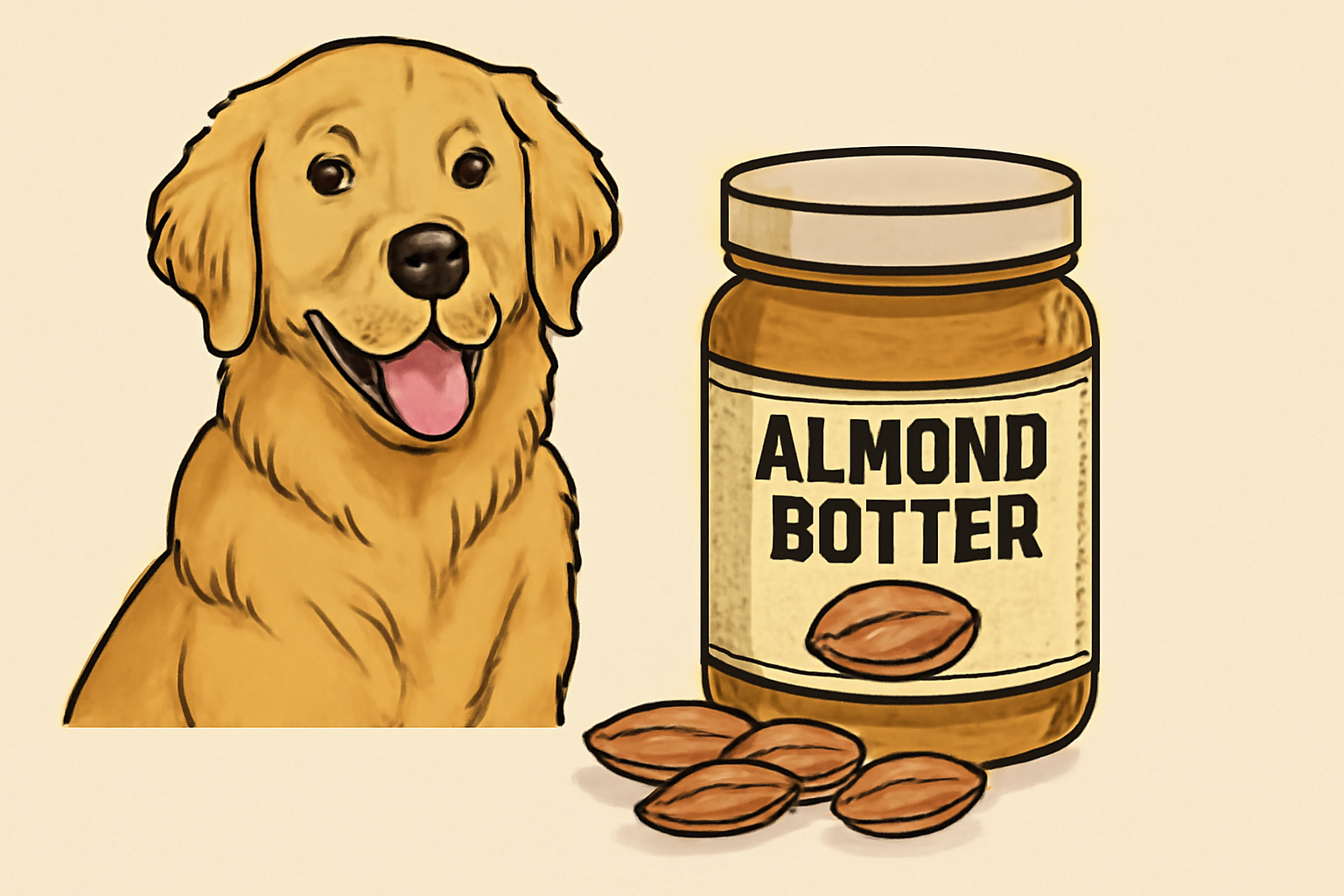Can Dogs Eat Beef Stew? 🍲🐕
Beef stew is a hearty and delicious dish loved by many humans around the world. It’s warm, comforting, and packed with flavors that make it the perfect meal for a cold evening. But what about our four-legged friends? Can dogs enjoy the tasty goodness of beef stew too? 🤔
While beef is generally safe for dogs, beef stew can contain some ingredients that may not be suitable for your furry friend. So, in this article, we’re going to answer the question: Can dogs eat beef stew? We’ll explore the benefits of beef for dogs, ingredients to avoid in beef stew, how to safely prepare beef stew for your dog, and more. 🐕🍖
What is Beef Stew? 🍖🍲
Beef stew is a savory dish made by cooking pieces of beef in a flavorful broth, often with vegetables like carrots, potatoes, onions, and sometimes spices. The ingredients are simmered for a long time to create a rich, tender, and flavorful meal. People love beef stew because it’s easy to prepare, comforting, and satisfying. But is it safe for dogs to enjoy this same treat? Let’s break it down! 🧐
Can Dogs Eat Beef? 🐕💪
Before we talk about beef stew, let’s start with the basic question: Can dogs eat beef? The answer is yes – beef is generally safe for dogs and can be a great source of protein, iron, and other essential nutrients. Many dog foods and treats contain beef as their primary protein source because it’s easily digestible and provides all the essential amino acids needed for your dog’s growth and energy. 🐾
Health Benefits of Beef for Dogs
Here are some of the benefits of including beef in your dog’s diet:
- High in Protein: Beef is rich in protein, which is essential for building and maintaining muscle mass, supporting the immune system, and providing energy. 💪
- Rich in Nutrients: Beef is packed with nutrients like iron, zinc, and B vitamins, all of which are crucial for your dog’s overall health. 🩸
- Omega-3 Fatty Acids: Some cuts of beef contain omega-3 fatty acids that help reduce inflammation and promote a shiny coat. ✨
Can Dogs Eat Beef Stew? 🍲🐕
Now that we know beef is safe for dogs, what about beef stew? Beef stew, as we mentioned earlier, is a flavorful dish that often includes vegetables, spices, and broth. While beef itself is safe for dogs, some of the other ingredients in beef stew can be problematic. Let’s take a look at the ingredients typically found in beef stew and whether they’re safe for your dog.
Ingredients in Beef Stew That Are Safe for Dogs ✅
- Beef: As we mentioned earlier, beef is a great source of protein for dogs. So, the beef in the stew is perfectly fine for your dog to eat as long as it’s plain and not heavily seasoned. 🍖
- Carrots: Carrots are a healthy vegetable that provides vitamins and fiber for your dog. They are low in calories and help promote healthy vision. 🥕
- Potatoes: While potatoes are generally safe for dogs, it’s important to cook them thoroughly and avoid raw potatoes, which contain solanine – a toxic compound for dogs. 🥔
Ingredients to Avoid in Beef Stew ❌
While beef stew can contain healthy ingredients, it also often includes things that are not safe for dogs. Here are some ingredients in beef stew that should never be included when feeding your dog:
- Onions and Garlic: Both onions and garlic are toxic to dogs, even in small amounts. They can cause serious health issues, including damage to red blood cells, which can lead to anemia. 🚫🧄
- Salt: Too much salt is harmful to dogs, causing dehydration, kidney issues, and high blood pressure. Always avoid adding salt to the stew. 🧂
- Spices: Many beef stew recipes use spices like pepper, chili, or herbs, which can upset your dog’s stomach and cause discomfort. 🌶️
- Gravy: Gravy often contains fat and salt, which are unhealthy for dogs. It can also make the stew too rich, leading to stomach upset. 🧑🍳
How to Safely Serve Beef Stew to Your Dog 🍲🐕
If you’d like to share a little bit of beef stew with your dog, here’s how to safely prepare it:
- Remove the Onions, Garlic, and Spices: First and foremost, you should remove any onions, garlic, or spices from the stew. These ingredients are harmful to dogs, so be sure your stew is completely free from them. 🧅
- Cook the Beef Well: Make sure the beef is fully cooked, without any raw or undercooked parts. Remove any bones, as bones can splinter and pose a choking hazard. 🍖
- Leave Out the Salt: Avoid adding salt or any other seasonings. Dogs don’t need extra salt, and too much can be harmful. ❌🧂
- Limit the Vegetables: While some vegetables like carrots and potatoes are fine, make sure to only add a small amount to the stew. Avoid using large amounts of potatoes or other starchy vegetables. 🥕
- Serve in Moderation: Beef stew should only be served in small amounts as an occasional treat. It should never replace your dog’s regular food, which is nutritionally balanced for their needs. 🐕🍴
Nutritional Value of Beef for Dogs 🍖
Here’s a nutritional table showing the benefits of beef in your dog’s diet:
| Nutrient | Amount (per 100g) | Benefits for Dogs |
|---|---|---|
| Calories | 250 kcal | Provides energy for daily activities 🏃♂️ |
| Protein | 26g | Builds and repairs muscles 💪 |
| Fat | 15g | Essential for energy and maintaining healthy skin ✨ |
| Iron | 2.7 mg | Helps with oxygen transportation in the blood 🩸 |
| Zinc | 4.8 mg | Supports the immune system and wound healing 🦠 |
| B Vitamins | Varies | Supports nerve function and energy production ⚡ |
| Omega-3 Fatty Acids | 0.3g | Reduces inflammation and promotes a healthy coat 🐾 |
Risks of Beef Stew for Dogs ⚠️
While beef stew can be safe in moderation, there are certain risks you should be aware of:
- Toxic Ingredients: As we mentioned earlier, onions and garlic are toxic to dogs. Even small amounts can cause serious health issues like vomiting, diarrhea, and lethargy. 🧄
- Excess Fat: Beef stew can be rich in fat, especially if it’s made with fatty cuts of beef. Too much fat can lead to obesity and other health problems. 🐷
- Digestive Upset: If your dog isn’t used to eating beef stew, it could cause an upset stomach or diarrhea, especially if it’s too rich or contains too many vegetables. 🤢
- Choking Hazard: Ensure that the stew is served in small, manageable pieces and doesn’t contain any bones or large chunks that could pose a choking risk. 🦴
FAQs: Can Dogs Eat Beef Stew? 🤔
1. Can my dog eat beef stew with onions or garlic?
- No! Onions and garlic are toxic to dogs. Even small amounts can cause serious health problems, so always ensure that your beef stew is free of these ingredients. 🚫🧅
2. Is it okay to give my dog beef stew every day?
- No, it’s best to give beef stew in moderation. It should be an occasional treat, not a regular part of your dog’s diet. Too much beef stew can lead to digestive issues. 🐕❌
3. Can I give my dog the bones from beef stew?
- No! Never give your dog bones from beef stew. They can splinter and cause serious injuries to your dog’s mouth, throat, or intestines. Always remove any bones before feeding. 🍖🚫
4. What if my dog eats beef stew with garlic and onions?
- Contact your vet immediately if your dog eats beef stew with garlic or onions. Even small amounts can be harmful and may require medical attention. 🆘
5. Can puppies eat beef stew?
- It’s best to avoid feeding beef stew to puppies, especially if it contains any harmful ingredients like garlic or onions. Stick to puppy food that’s specifically designed for their nutritional needs. 🐾👶
Conclusion: Can Dogs Eat Beef Stew? 🍲🐕
In conclusion, beef stew can be a safe and healthy treat for your dog if it is prepared properly. Always remove harmful ingredients like onions, garlic, salt, and spices. Make sure to serve the stew in moderation, as it can be rich and high in fat. By following the guidelines, you can safely share this delicious dish with your furry friend without worrying about their health. 🐕
As always, when in doubt, it’s best to consult with your vet before introducing a new food into your dog’s diet to ensure it’s appropriate for their health and nutritional needs. Enjoy sharing this tasty treat with your dog, and remember: moderation is key! 🐕✨




